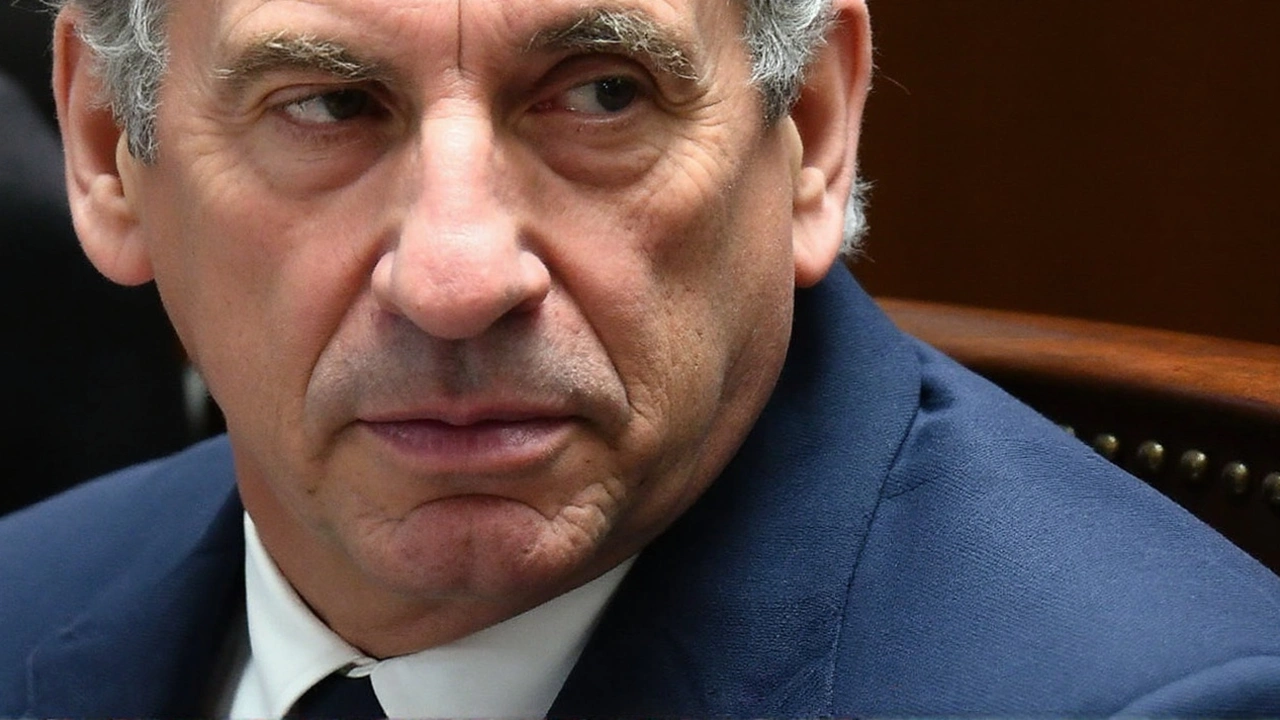Budget Deficit in Sports: Understanding the Impact
When talking about budget deficit, a situation where a club's expenses exceed its income, fans often hear vague warnings about "money troubles". In reality, a budget deficit is a concrete financial shortfall that can affect everything from player contracts to stadium upgrades. It’s closely linked to club finances, the overall health of a sports organization’s cash flow and assets, as well as revenue streams, the various ways clubs generate money such as ticket sales, sponsorship deals, and merchandising. Understanding these relationships helps you see why a budget deficit matters on and off the field.
What Drives a Budget Deficit?
First, look at the cost side. Player wages, transfer fees, and facility maintenance can balloon quickly, especially when a club chases success. Add unexpected expenses like medical bills from an injury blow—remember the recent Arsenal setback that forced extra spending on squad depth—and you have a recipe for overspending. On the revenue side, low ticket sales, the income earned from fans attending matches can leave a big hole in the budget. When crowds shrink, so does merchandise sales and concession income, tightening the cash flow even further.
These factors create a clear semantic link: budget deficit requires additional revenue generation, and sponsorship deals, agreements with brands that provide financial support in exchange for exposure become a lifeline. A well‑structured sponsorship can offset wage bills, fund new kits—like São Paulo FC’s limited‑edition third kit that capitalized on brand partnership—and even finance stadium upgrades. In short, the health of a club’s finances directly influences whether a budget deficit spirals or stabilizes.
Another driver is market size. Big‑market clubs enjoy larger TV contracts and global fan bases, giving them a cushion against occasional deficits. Smaller clubs rely heavily on local ticket sales and modest sponsorships, so any dip in attendance can trigger a crisis. This explains why clubs in crowded cities like Los Angeles worry about “too many teams” stretching fan dollars thin, while a single‑team market might sustain a shortfall more easily.
When a deficit persists, clubs often cut costs in ways that affect performance. They might sell promising players, delay stadium renovations, or reduce investment in youth academies. These moves can weaken the squad, leading to poorer results, which then depress ticket sales—a vicious cycle. Conversely, smart financial management can turn a deficit around: renegotiating player contracts, boosting community engagement to fill seats, and striking lucrative sponsorships that resonate with fans.
The posts in this collection illustrate these dynamics. The São Paulo kit launch shows how brand collaborations create fresh revenue streams, while the Arsenal injury update highlights hidden costs that can push a club into the red. Discussions about college sports financial pressure and the feasibility of two‑sport athletes also touch on budgeting challenges at different competition levels.
Across leagues, the common thread is the need for balanced budgets. Clubs that align their expenses with realistic revenue forecasts tend to avoid chronic deficits. They monitor key metrics like operating profit margins, average ticket price, and sponsorship ROI. By treating these numbers like a playbook, front offices can make data‑driven decisions that keep the books clean without sacrificing on‑field ambition.
Fans play a role too. When supporters fill seats, buy merch, or engage with club content online, they directly boost revenue streams. Fan‑driven initiatives—season ticket loyalty programs, community events, or exclusive digital experiences—can generate cash flow that helps patch a thin budget. Involving the fan base in financial health creates a shared sense of responsibility and can turn a deficit into a collective challenge.
Understanding how a budget deficit interlocks with club finances, sponsorships, and ticket sales gives you a clearer picture of why clubs make the moves they do. Below you’ll find a range of articles that dive deeper into specific cases, explore financial strategies, and reveal how teams navigate the tightrope between spending for success and staying financially sound.
France political crisis deepens as Bayrou loses confidence vote, fifth PM to fall in two years
François Bayrou lost a confidence vote after nine months as Prime Minister, making him the fifth French leader to fall in two years under President Emmanuel Macron. Bayrou tied his survival to €44 billion in 2026 budget cuts amid soaring debt and deficits. Macron will name a new Prime Minister within days. The turmoil clouds France’s fiscal plans and could ripple across the EU.


